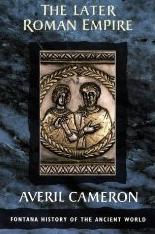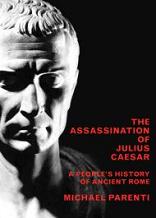
The Trojans and their Neighbours
Trevor Bryce
225 pages including index
published in 2006
The cover looks like it should belong on the course book of a not particularly interesting IT certification course, but don’t let that fool you. Behind it hides one of the more engaging and interesting history books I’ve read in the past year or so. Which came as no surprise to me, as I had already read one of Trevor Bryce’s other history books, The Kingdom of the Hittites. The cover therefore couldn’t scare me off…
The subject itself helps as well of course. The story of Troy, the city at the heart of Homer’s Iliad, thought to be no more than a myth until Schliemann actually dug it up remains endlessly fascinating to anybody interested in ancient history. As Bryce mentions, even today the question of whether or not the Troy Schliemann dug up was the “real” Troy, Homer’s Troy is still hotly debated. But as Bryce argues, this is also the least interesting question you can ask about the actually existing Troy. Troy existed for several thousand years and was a flourishing community long before and after the Trojan War supposedly happened. With an emphasis on the Bronze Ages, The Trojans and their Neighbours attempts to put straight the real history and position of Troy — was it as important a city state as you would assume from Homer, or just another smallish Bronze Age settlement, and what were its relations with its neighbours?

